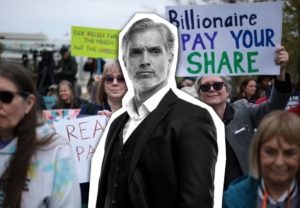The U.S. hotel industry is suffering from a decline in incoming foreign travel as well as fluctuations in consumer and corporate confidence. According to analysts at Truist Securities, that might continue for the remainder of 2025.
In light of this, analyst C. Patrick Scholes cut Airbnb Inc.’s stock (ABNB) to sell from hold and lowered the majority of his profit forecasts for businesses in the industry.
Because he thinks Airbnb investors aren’t completely understanding the “soft summer leisure trends” for both the U.S. and Europe, Scholes became pessimistic.
He lowered his price estimate for the stock from $112 to $106 per share, which indicates a 17% decline from Thursday’s closing price.
On Friday, Airbnb’s stock dropped 0.7%. It has lost 3% in 2025, while its component, the Consumer Discretionary Select Sector SPDR exchange-traded fund XLY, has lost 4.4%.
A group of analysts led by Scholes concluded that the industry is experiencing a downturn after analyzing millions of hotel reservations in the United States from various sources and speaking with business executives.
“The combination of volatility in consumer and business confidences, government segment cutbacks, and diminished inbound international travel are all manifesting in soft bookings,” they stated.
Truist lowered price targets for several other hospitality businesses, such as Marriott International Inc. (MAR) (to $273 from $300), Hyatt Hotels Corp. (H) (to $140 from $156), Choice Hotels International Inc. (CHH) (to $128 from $144), and Diamondrock Hospitality Co. (DRH) (to $9 from $10).
According to the researchers, even high-end hotel chains are experiencing the effects, while the trend toward softer bookings is more noticeable at hotels with lower prices.
According to them, “middle-class leisure underperformance and greater exposure to government business” at mid-range hotels are partially to blame for this trend.
According to the experts, third-quarter revenue per available room, or RevPAR, a crucial indicator for the hotel industry, is probably going to be about 150 basis points lower than what Wall Street analysts now anticipate.
However, they noted that the “demand collapse” that occurred during the COVID-19 pandemic in 2020 is far off from the softness they are witnessing in the hotel industry.
According to the analysts, the second quarter is now developing to align with the lower business projections that corporations offered in their most recent quarterly reports.





